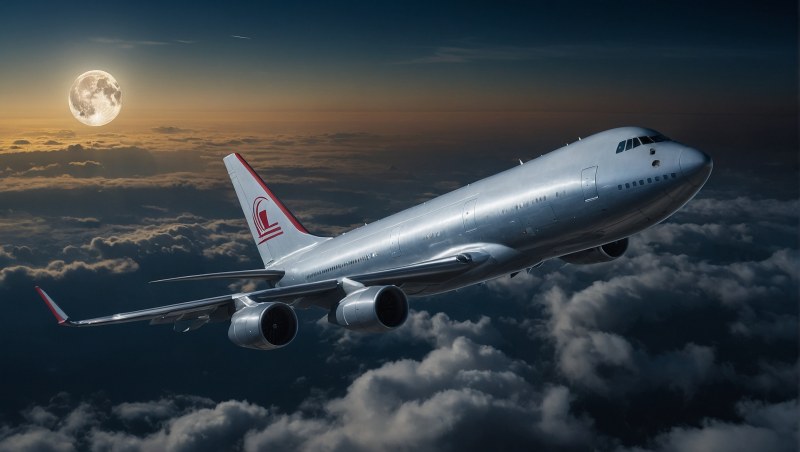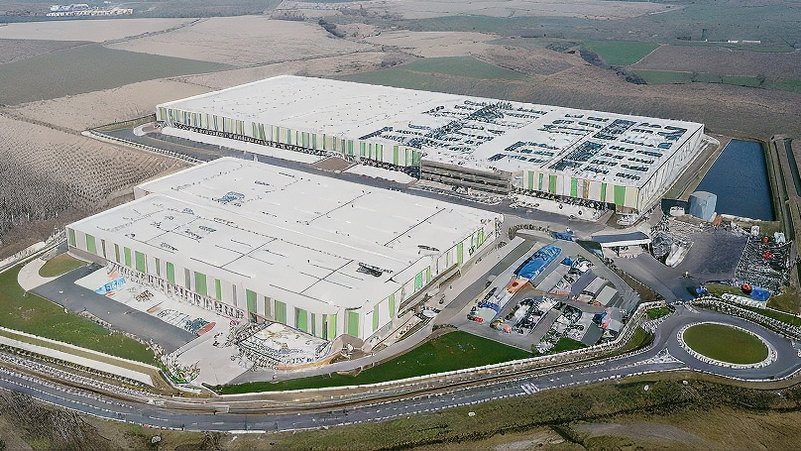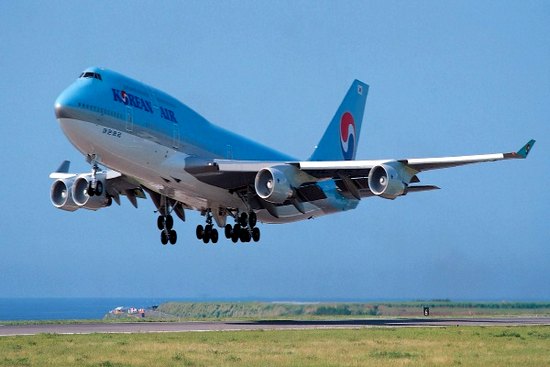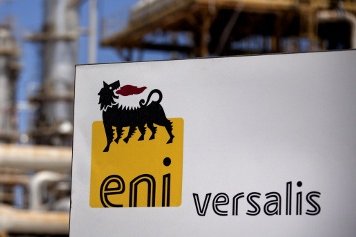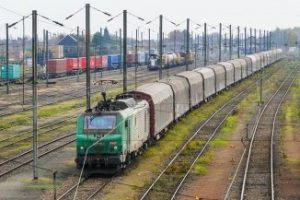On February 13, 2024, the European Commission announced its decision on the merger between Asiana Airlines and Korean Air Lines, South Korea's two largest airlines, imposing a significant condition regarding freight transport. The Commission found that both airlines have a substantial presence in the European Economic Area (EEA) and currently "compete head-to-head in carrying cargo and passengers between the EEA and South Korea." The merger would have made them by far the largest carrier on these routes, eliminating a vital alternative for customers. Additionally, "other competitors face regulatory and other barriers to expanding their services and would unlikely exert sufficient competitive pressure on the merged entity." This situation could lead to price increases or a reduction in quality for customers.
To address the Commission's concerns, Korean Air Lines agreed to divest Asiana Airlines' entire cargo business. This divestiture includes the transfer of cargo aircraft, slots, traffic rights, flight crews, other employees, and cargo contracts with customers. Korean Air's acquisition of Asiana is contingent upon the Commission's approval of a suitable buyer for the cargo operations. Among other requirements, the buyer must be capable of operating the acquired business profitably and competing effectively against Korean Air Lines.
The Commission believes that "these commitments fully address the competition concerns identified by the Commission. After collecting feedback from customers and competitors during a market test on the proposed commitments, the Commission concluded that the commitments would preserve effective competition in the transport of cargo and passengers between South Korea and the EEA."




